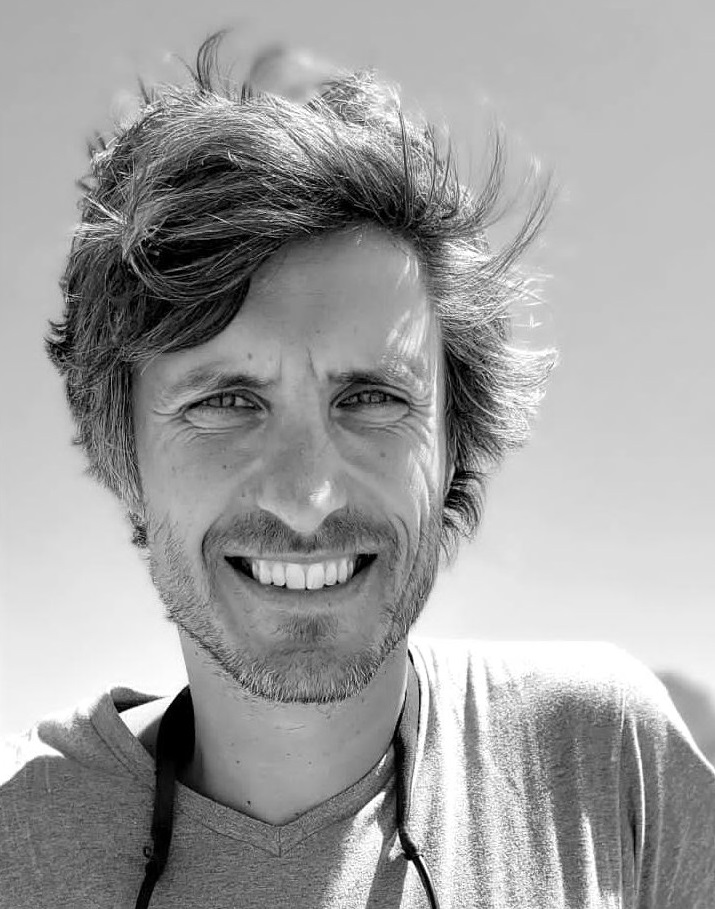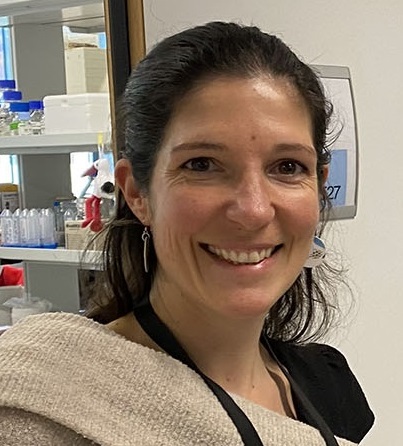 Johan Decelle
Johan Decelle
is a team leader at LPCV. He received an European Research Concil ERC Consolidator grant in 2022 to unveil the subcellular mechanisms that play a key role in the maintenance of photosymbiosis in unicellular freshwater and marine models. The team Photosymbiosis study the physiology and functioning of photosymbiosis (association between a heterotrophic host and microalgae) using multimodal subcellular imaging techniques and omics analyses.
 Johan Decelle is involved in the Traversing European Coastlines
TREC expedition. This programme, run by the European laboratory EMBL in Grenoble and the Tara Oceans Foundation, is studying the interactions between terrestrial and marine ecosystems in Europe, in particular the pollution caused to biodiversity by antibiotics, pesticides and the construction industry.
Johan Decelle is involved in the Traversing European Coastlines
TREC expedition. This programme, run by the European laboratory EMBL in Grenoble and the Tara Oceans Foundation, is studying the interactions between terrestrial and marine ecosystems in Europe, in particular the pollution caused to biodiversity by antibiotics, pesticides and the construction industry.
 Photosymbiosis:
Photosymbiosis: symbiosis between heterotrophic hosts and microalgae is a widespread and ecologically important phenomenon in aquatic ecosystems. Although knowledge of the diversity of symbiotic partners has improved in recent years, the underlying mechanisms and metabolic interactions remain poorly understood.
Image: Lithoptera.
 Rebekka Wild
Rebekka Wild is a team leader at the Institut de Biologie Sructurale IBS in Grenoble. Her work focuses on the molecular complexes responsible for the production of two glycosaminoglycans, complex chains of sugars involved in a wide variety of functions and diseases. By studying the three-dimensional structure of proteins, his work aims to better understand the biosynthesis of these long sugars chains. Glycosaminoglycans are located at the interface between the cell and the external environment, and are therefore strategically positioned to regulate a variety of biological and pathological processes, including cell-cell communication, signaling, cell-matrix interactions and pathogenic infections.

Image: cryo-EM structure of the yeast oligosaccharyltransferase complex.
Rebekka Wild was the winner 2023 of the Impulscience® programme of support for excellent researchers in the life sciences run by the Bettencourt Schueller Foundation.